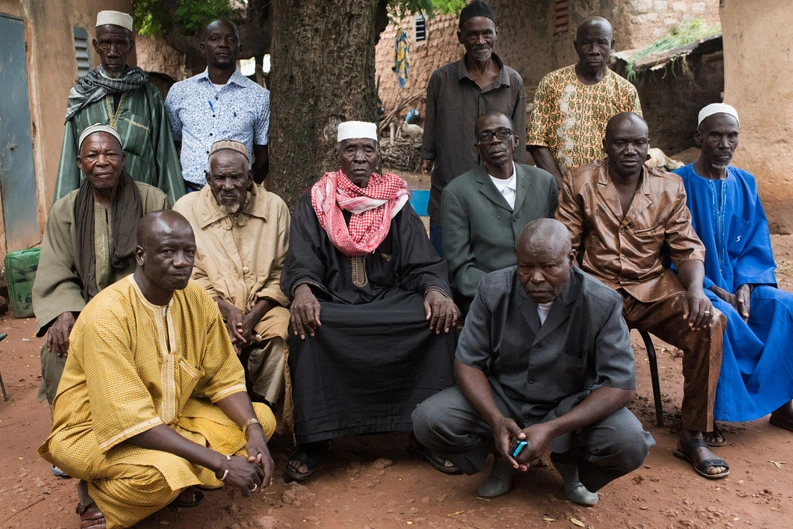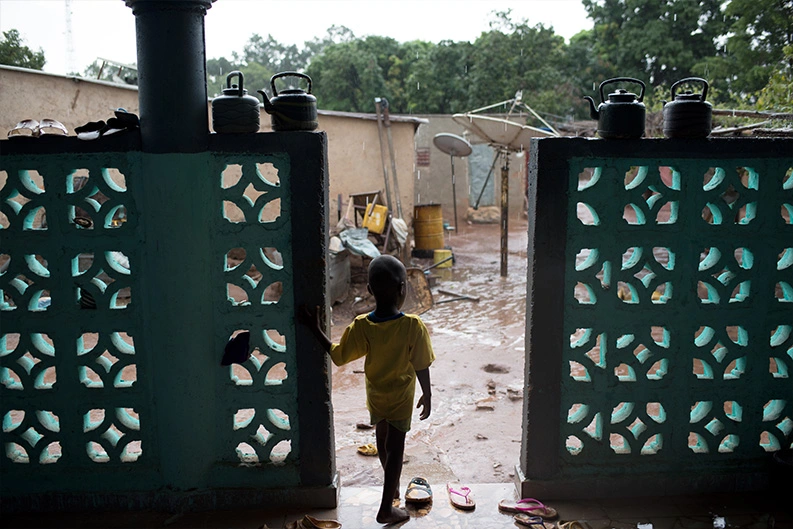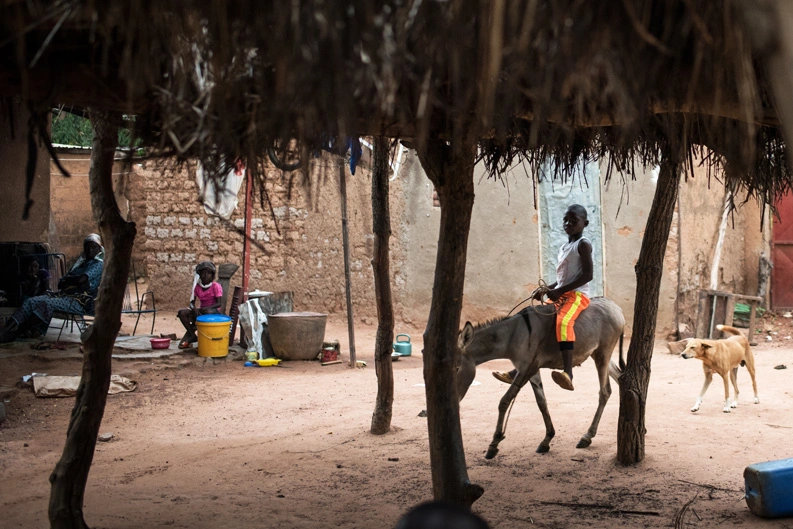Sitting in the small courtyard of his mud house, Adama Kone, the village chief in Bougoula in southeastern Mali, and his council of elders are talking about the importance of the malaria research being done there. Asked if they’ve ever had malaria, Kone and his advisors break into uproarious laughter. They explain they get it every year, and then mime vomiting and having diarrhea.

If you make it above 5 years old, you’re a survivor in Africa. Think of how many talents we have lost because of malaria.
Abdoulaye Djimdé, director of the Molecular Epidemiology and Drug Resistance Unit at the University of Science, Techniques and Technologies of Bamako, Mali
Nonchalance about malaria in this rural part of Mali reflects how common the disease is, especially among children. Despite progress in the last two decades in preventing and treating malaria, the disease continues to take a heavy social and economic toll, especially in Africa.
In 2016, 91% of the world’s 445 000 malaria deaths occurred in Africa, estimates the World Health Organization (WHO).

"If you make it above 5 years old, you’re a survivor in Africa,” says Abdoulaye Djimdé, director of the Molecular Epidemiology and Drug Resistance Unit at the University of Science, Techniques and Technologies in Mali’s capital, Bamako. “Think of how many talents we have lost because of malaria.”
Fever and aches
More than 200 million people get malaria every year worldwide, figures the WHO. For those who manage to overcome the disease, it often causes significant disruption to daily life and work. Infected people can be incapacitated by flu-like symptoms such as fever, aches, diarrhea and vomiting, which can last for days or weeks without proper treatment.

Life in Bougoula illustrates the challenges people face in an area where the disease is common. In mid-morning at one house, a group of girls prepares lunch while a young boy returns home walking a donkey laden with supplies. Nearby, two women tend to a goat. In village life, nearly everyone contributes to daily chores, and when someone gets sick, others must pick up the slack.

The disruption to lives and livelihoods adds up to enormous financial losses across Africa. The direct costs of malaria treatment, illness and premature death are estimated at USD 12 billion a year in Africa. Three-quarters of businesses surveyed in sub-Saharan Africa reported a negative impact due to malaria, with 39% perceiving it as severe, according to a World Economic Forum report.
A possible new treatment
Against this background, people like Dr. Bakary Fofana are doing their best to counter the disease’s impact in Africa. At the clinic in Bougoula, he and other doctors diagnose and treat people suffering from malaria. In addition, he has been conducting malaria research in Mali for over a decade and is currently the primary investigator in a clinical trial for an experimental new antimalarial drug combination from Novartis now underway in Bougoula.

Driving through downtown Bamako, along streets lined with roadside merchants selling bed nets of every size and shape, Dr. Fofana reflects on his childhood in Diafarabé, a town in central Mali on a small peninsula formed by a split in the Niger River.
When people there caught malaria, “we would eat trees and roots to treat it,” he recalls. “You would sweat a lot.”
Now, standing in his laboratory, surrounded by high-tech equipment and blood samples from all over Mali, he hopes that his work will contribute to the development of a new generation of highly effective treatments for the disease.
And in Bougoula, village chief Kone is doing everything he can so that malaria will be less of a burden than it has been for his generation. He and his council of elders explain to villagers the importance of seeking treatment and cooperating with researchers’ efforts to find new ways to fight malaria.



